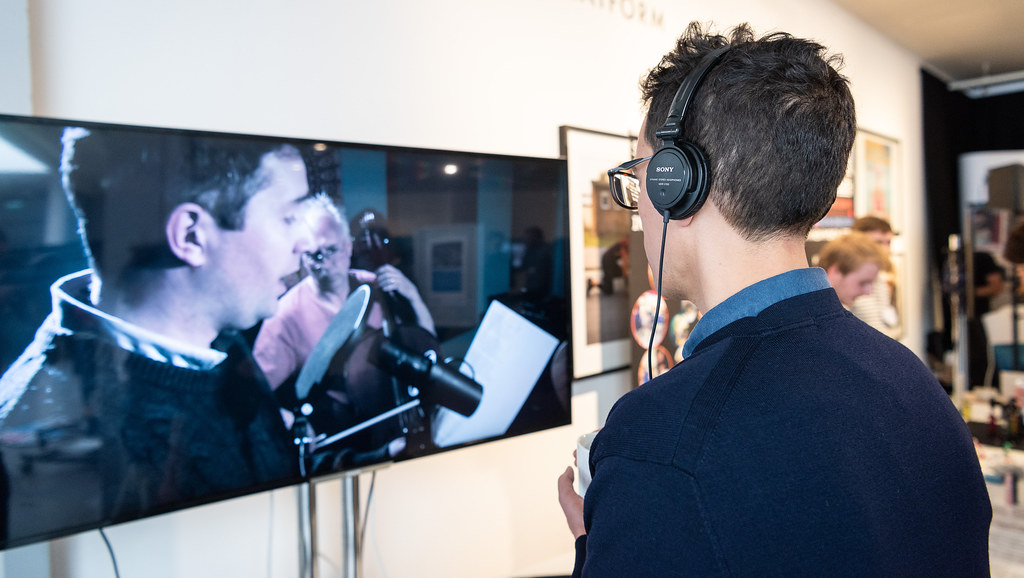If your research involves carrying out Patient and Public Involvement and Engagement activities, we're offering you an opportunity to come along with us and test out a new platform to do this sort of work.
Patient and Public Involvement and Engagement
Patient and public involvement and engagement is where people share their views and experiences to guide and inform how research is designed, carried out, shared and adopted. In other words, research is done ‘with’ or ‘by’ members of the public, rather than ‘to’, ‘about’ or ‘for’ them.
Patient and public involvement is often abbreviated to PPIE.
Patient and public involvement in research doesn't need to be complicated. It is a mechanism that fosters communication with people who have experience of, or are affected by, specific health issues. This ensures their voice and insight help to inform research. It can take place throughout the research cycle, and what activities are carried out will look different depending on the research project.
Digital platform for PPIE
The Public Engagement Unit is collaborating with digital engagement specialists Mangorolla to create a chat-based digital platform to try out PPIE. Mangorolla are experts in connecting people and organisations to create conversations with a national reach. This is an exciting opportunity for a team of researchers to try out digital PPIE with public contributors who have lived experience whilst being supported throughout the process by us.
We are offering this opportunity as part of our ParticipatoryResearch@Bath project, to support and expand PPIE across the University of Bath.
How does a chat-based platform work?
The platform we're developing uses a chat function to engage directly with patient and public contributors in text-only live chats with you and your colleagues. It's all online, and all you need is a web browser that can work flexibly around your schedule and the schedule of the people you want to engage with.
How can this chat-based platform be used for PPIE?
How you use this chat-based platform to involve and engage patient and public contributors really does depend on what you are seeking input on. You could use it, for example, to develop your research questions or methods, help with research prioritisation or test and disseminate new findings.
Who can apply?
This opportunity is available to colleagues from right across the University. We're looking particularly for researchers who are:
- You are working in a research team of six or more (can include researchers from other institutions)
- Your research has a focus on user involvement, and you are committed to creating opportunities for people with lived experience to discuss, create and participate in your research and you will act on what you hear
- Your team have existing relationships/connections to organisations working with people who have lived experience
- You can commit time to participate in the live chat sessions
This is an experiment. In order to participate in this opportunity, you need to be willing to work with the Public Engagement Unit to understand the features and value of the use of a digital platform for PPIE.
Why take part?
One of the main benefits of participating is that the digital platform we're developing will support you to reach patient and public contributors nationally. As with other forms of public involvement in and engagement with research, this opportunity will help ensure your research is relevant to the people potentially affected by it and increase the likelihood that it will generate real-world impact.
What are the timings?
We anticipate that this pilot will be delivered during Semester 2 (February – June 2024). We will work with you and your team to develop this digital PPIE pilot and will work around your needs.
Get involved
If you are interested in participating or have any questions, then please get in touch with the Public Engagement Unit public-engagement@bath.ac.uk
Please get in touch with us by Friday 20 October to express your interest in participating
Suzi Wright is ParticipatoryResearch@Bath Project Manager at the University of Bath.
Respond


